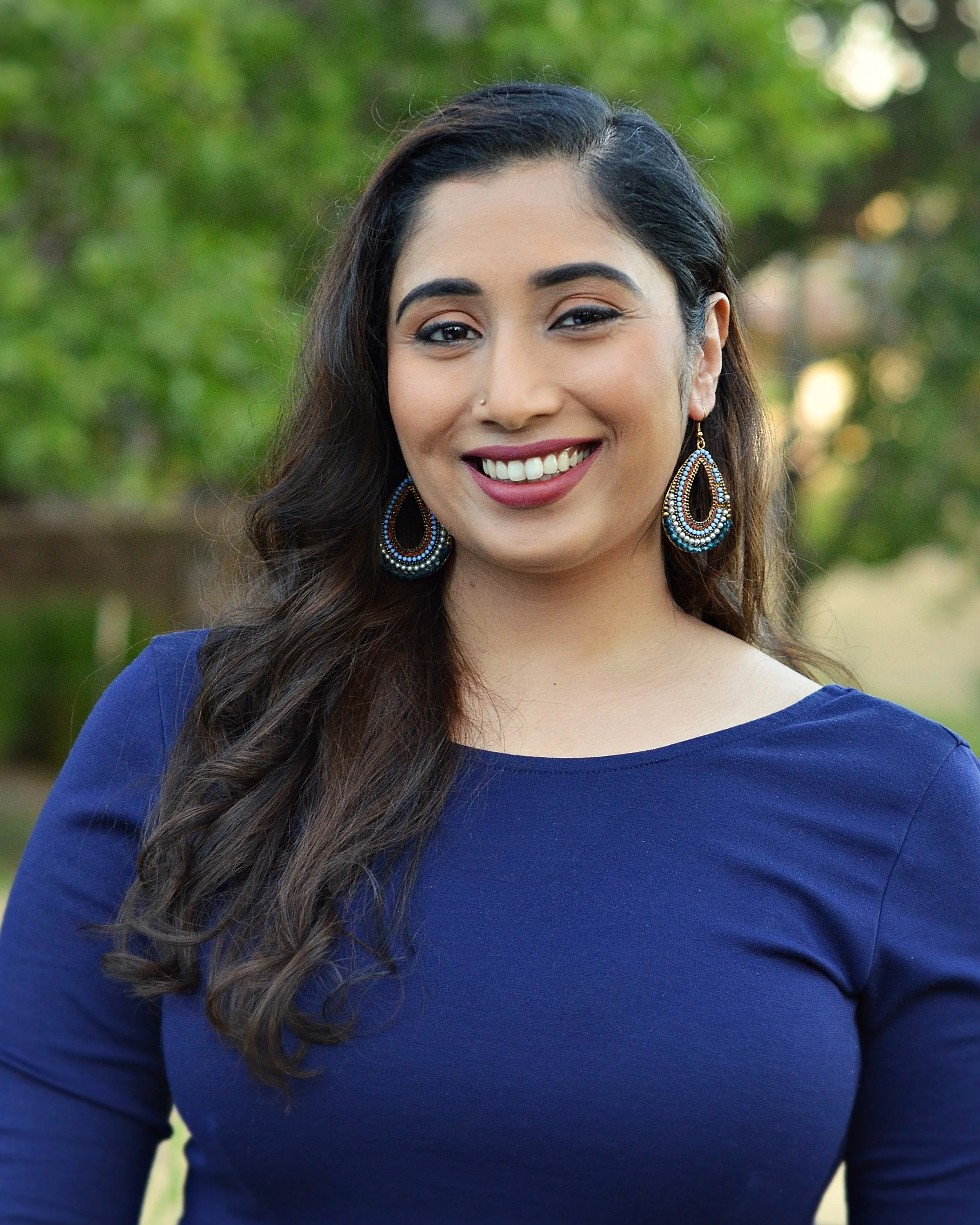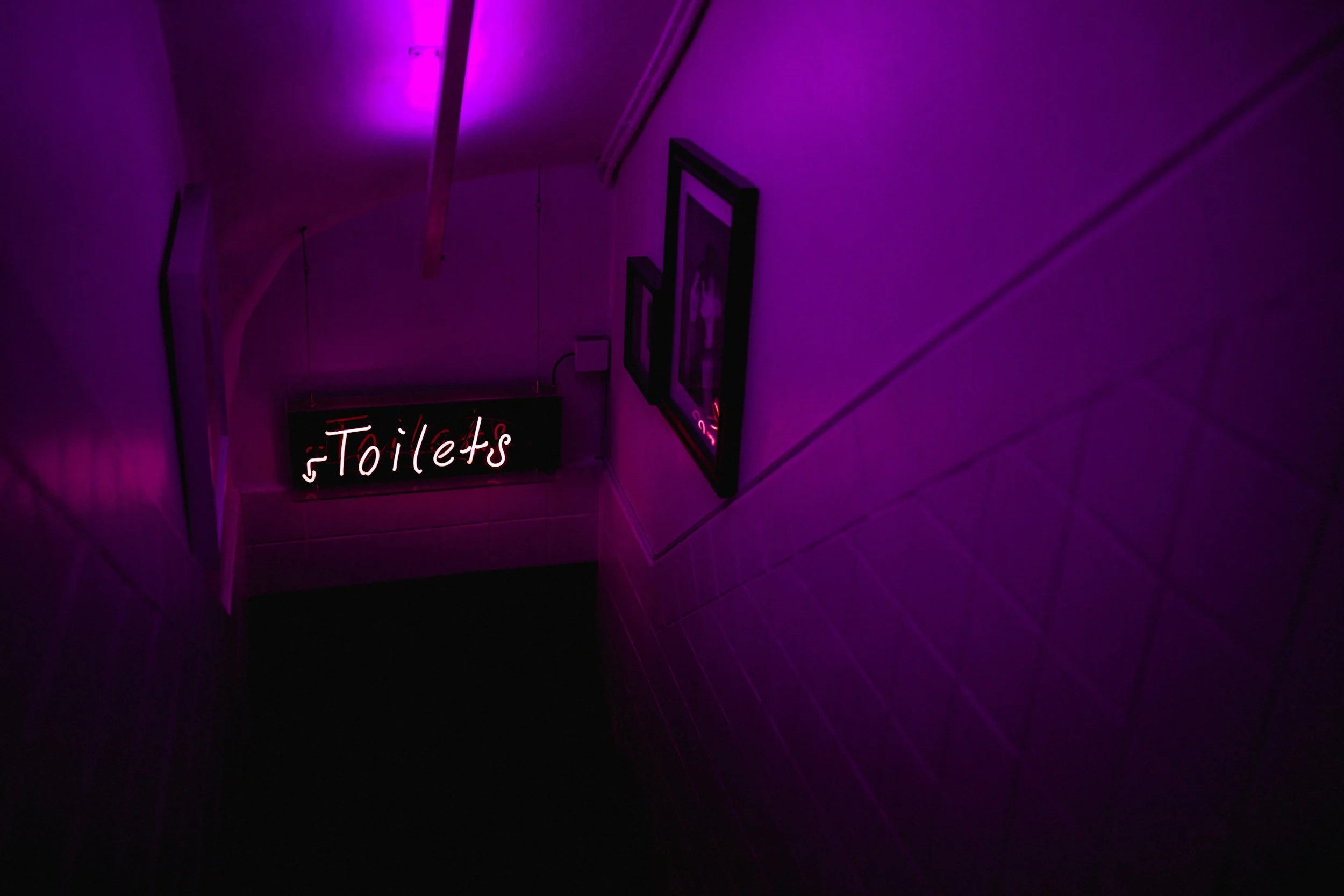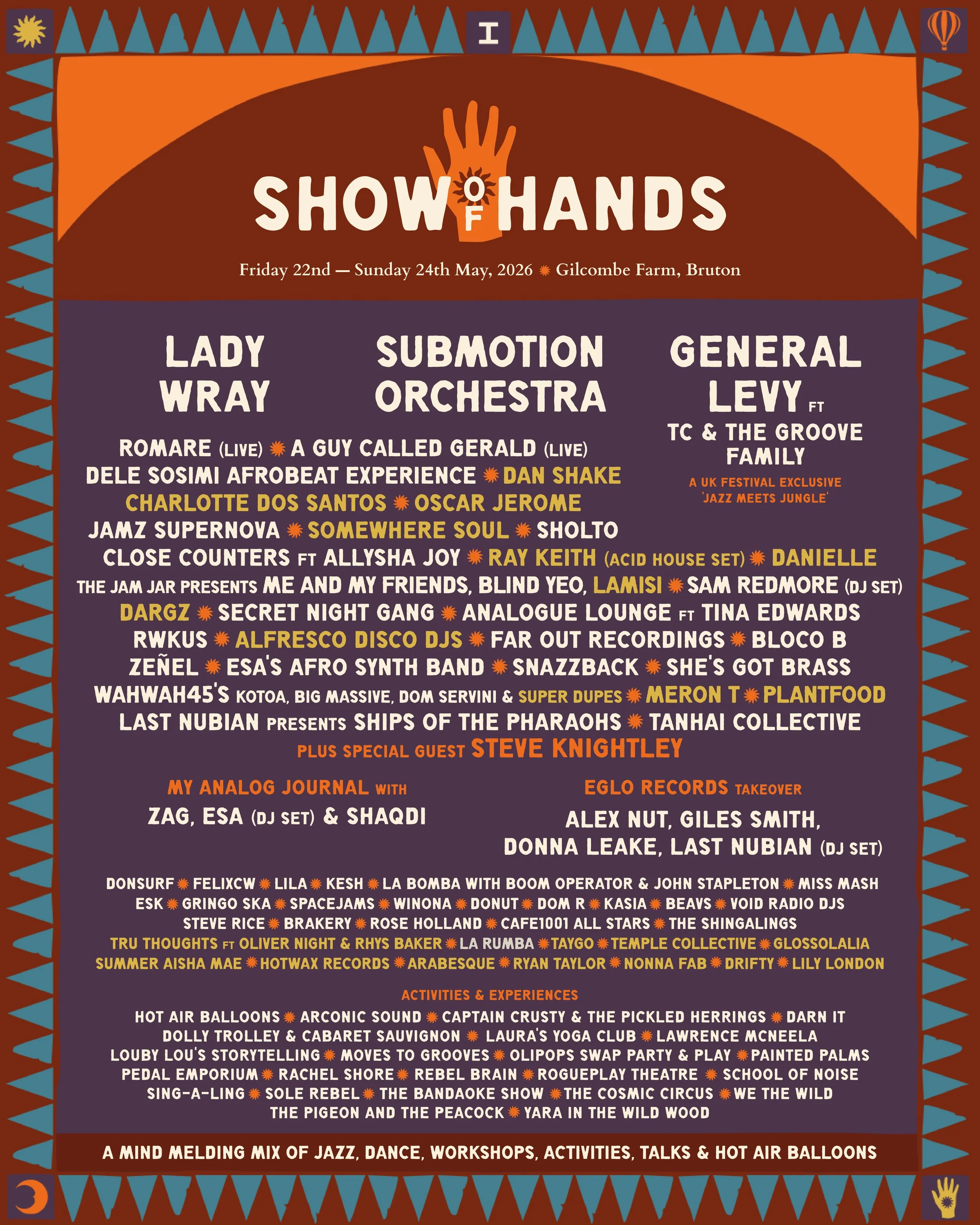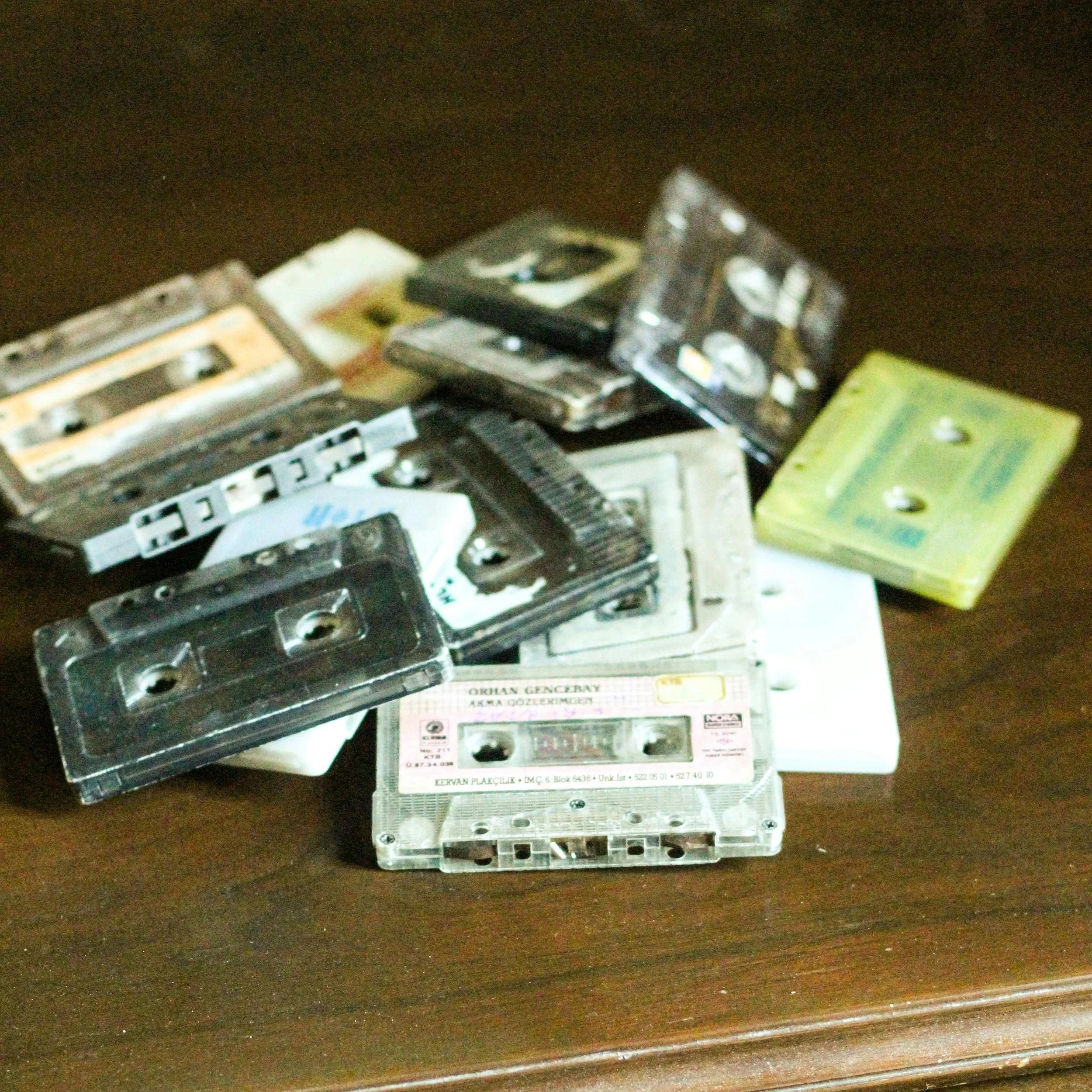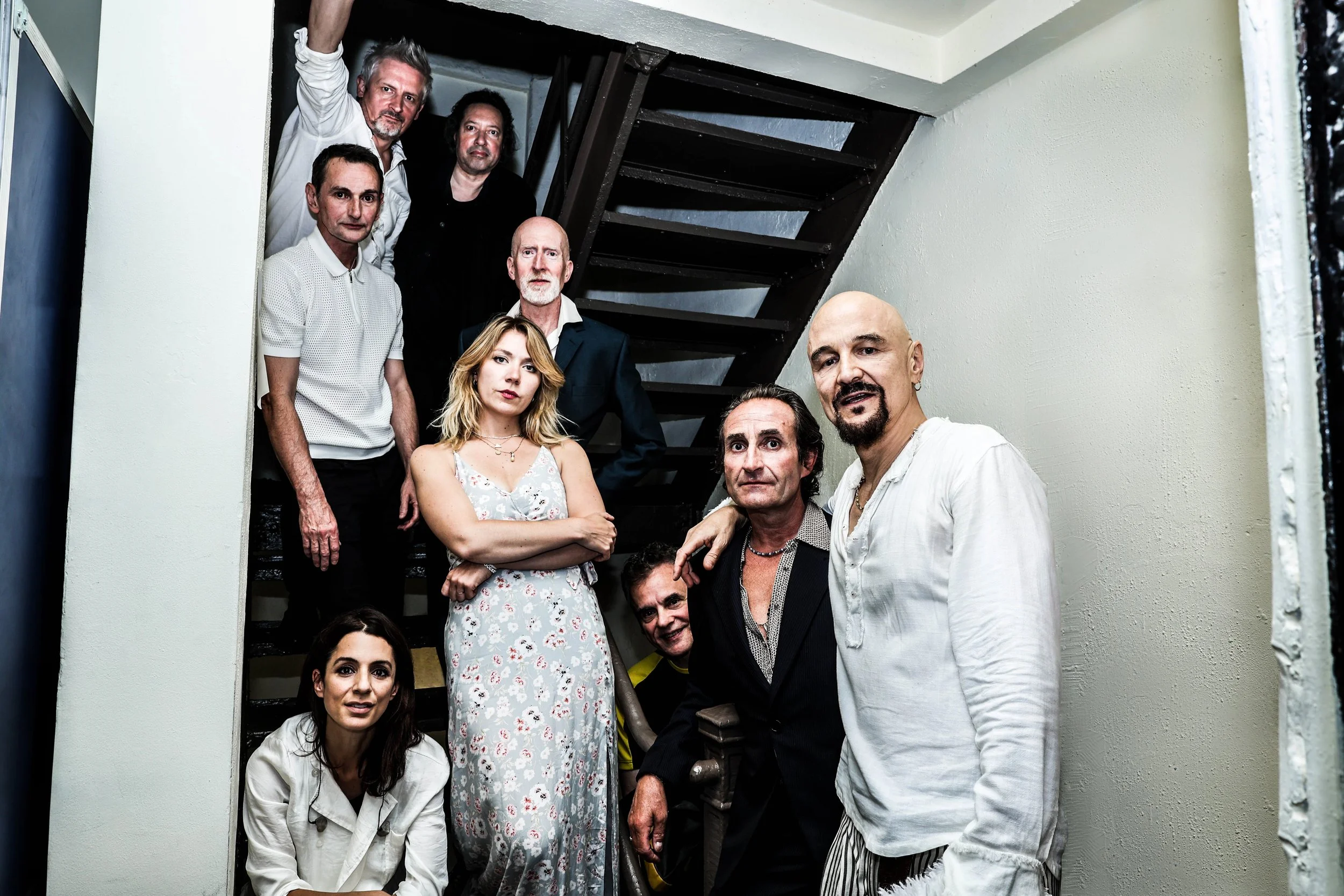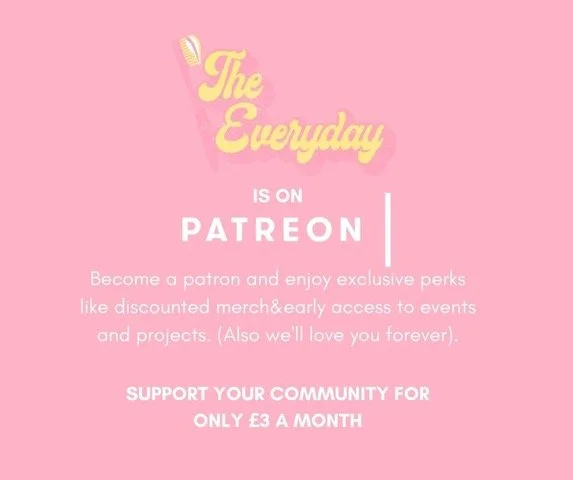Talking To: Akshaya Raman
Akshaya Raman’s ‘The Ivory Key’ is her debut novel, and the first of a duology - its release date is 4th January 2022 . It follows four siblings who are on the search for the ivory key, but all have different motivations behind it, and we really enjoyed seeing the development in the relationship between these four siblings throughout the book. We thought it was an incredibly magical read and would highly recommend it. We rated the story at 4 stars, and we’re super excited for the second book. A fantasy novel with tension, adventure, secrets, romance - what more could you ask for? We got to catch up with Akshaya to discuss all things ‘The Ivory Key’ and you can find out all the cool stuff we spoke about down below!
What inspired the book?
It actually came from a lot of different sources. A lot of my childhood stories I loved, things like ‘Indiana Jones’ or ‘National Treasure’. The other inspiration for me was the magic system, I wanted to write a system where magic was universal and anyone could use it, and it wasn't about being born into a specific family or something like that, it was more just ‘if I'm interested in this I can go out and pursue this’. It’s also about the family dynamic, and I wanted to write about siblings and families, another source of inspiration was stories like ‘The Originals’ for example.
What is your intended message of the book?
A big theme of the book is that this is not a story about a chosen one, I wanted to write about characters who aren't fated to do something, but rather choose to pursue their dreams. They all have their own reasons for tracking the Ivory Key, but what brings them together is their determination even when nobody else has faith in their success or when nobody else believes in them. I really hope readers are able to connect with this, and the idea that we get to make our own destinies.
I really like that aspect of the book.
Thank you! I don't think I necessarily set out to write that, it was more just as I was working on it, that was the theme that emerged. But I set out to write something that wasn't about a chosen one that wasn't like ‘you were meant to save the world’ but rather ‘I choose to save the world’.
How long has this been in the works?
A very long time. I started working on it in 2016. I wrote the entire first draft in about three weeks, I was so in love with the story. I spent four years revising it, it took a long time to make it work, but the initial spark only took me a few weeks to write out. I revised it for several years on my own, with my agent and with my editor. The published draft is probably the 11th or 12th draft. It took me about four years of revising.
Can you remember anything that stayed the same from the original draft?
Weirdly enough, all of the main plot beats never changed, it was just a lot of the details and the nuances of the world building. There are very few specific lines that survived, but a lot of the major plot threads did. The beginning has always been the same and the way the characters meet. It was more about rearranging things in the middle, specifically the way things happen. The ending was completely different from the draft. But where they go and their goals never change.
The ending shocked me, I sat with my jaw dropping for a while. I didn't see a lot of it coming.
I hoped it would make sense, but also that it would be surprising, which is difficult to do when writing a twist like that, and I hope I hit it. That was something I planned from the very first draft, the epilogue was something I added a little later, as I started to think about the sequel and where I wanted the stories to go. The initial idea came from a discussion with my agent and then my editor.
(WARNING- SPOILERS!)
When Amrit betrayed Vira, I was furious, but the epilogue helped calm down my feelings towards him.
That was an intentional thing for me. Because of a lot of people, and in a lot of my earlier drafts, people just didn't like Amrit. I didn't want to lose his complexity and his backstory and intentions, but I still wanted him to be a character people liked and someone people would potentially ship with Vira if that's something they were going to do anyway. I didn't want to erase all of that, but I also didn't want it to excuse all his actions.
Panic over- the spoilers are done!
I found it incredibly interesting to see this group of people working together to find the Ivory Key, but every single character had completely different motivations. That isn't something you see often. What was the decision behind that?
When I knew I was going to write about these siblings, I knew that I had to give them their own motivations for finding this thing. I always look for the conflict in stories because it's what I find interesting, but if they're looking for the same thing then there is no conflict. So the character conflicts would have to come from why they were looking for it and how they were going to use it, and how that would make it either more or less likely for one person to succeed and what that would mean for the relationships. Inherently if one is successful in getting the key, then the other three would have failed in some way. That was the tension I was trying to build in the book and it leads into the major conflict of Book 2.
On the search for the key, they still had their motivations at heart, but the tension between the siblings started to ease. They started to question if what they wanted was what they actually wanted. Things started to get put into perspective.
Yeah. That was also something I was hoping to build towards from the very beginning, where going on this journey and their shared family history brings them together. As they encounter this, they sort of start to question why they're doing this and their own pasts and relationships with each other and start to see those things in a new light.
I keep a book journal where I write about books I've read and the things I take away from them. The message I got from ‘The Ivory Key’ was that often when people get together to solve a problem, it brings them closer. I also thought it's possible to love someone, but you still have your own motivations - and this was evident with Amrit as a character.
I agree with a lot of those things. It's always sort of being torn between two things; your personal goals and motivations and maybe what you think is your duty, compared to the people and what you think. Choice in favour of one thing or the other. It's not always black and white. It's not ‘here's the right thing- the end’ . I didn't want it to feel that way so I tried to give them their own motivations so that you could see them making those choices more actively. Sometimes it's self destructive, like Ronak for example, most of his choices are not in his favour and a lot of what he does ends up not going the way he thinks he wants it to go, but there is still a driving force behind these choices and he thinks he is doing it for the right reasons
Who is your favourite character and why?
It's hard to pick a favourite character, only because I put aspects of myself into all of the characters. I would say the easiest to write was Kaleb or Vira, I guess in some ways I relate to them more. I can't pick a favourite.
I thought Vira was my favourite. Everyone misunderstood her and saw her as a harsh ‘get it done by the book’ character. When in reality she’s just trying to make it work for everyone and she is stuck in a battle of ‘who do I help?’.
Absolutely! It brings me a lot of joy when people like Vira. She is a hard character to like, she doesn't always say or do the right thing. I think her siblings have a valid reason to dislike her, or distrust her, rather. But she's doing her best. It makes me happy when people understand and connect with that. It's easier to like characters like Riya and Kaleb.
The relationship between the four siblings was quite unique- what was the reasoning behind this? What were you aiming to depict by this?
That's an interesting question. I've always been interested in stories that explore family relationships, especially ones that are more complicated. Also the idea of legacy, and what we carry on as we go into the future. Our upbringing is inherently shaped by those who raised us and came before us. And so I wanted to explore all of those things, and it kind of made sense to do that with siblings who were raised the same way but have clearly evolved into different people and are on diverging paths. I wanted to explore how things sort of start to change as they come together and look at their own choices and their lives as they go forward to think about things like truth and justice and legacy.
I really loved the South Asian representation, was it the plan from the get-go to shine some limelight on the Desi community?
It was and it wasn't. The idea I had for this book was an idea I had years and years ago. I hadn't found the right entry point to it. When I started writing more seriously looking towards publishing, I was still writing books that had predominantly white casts. It wasn't until I read Roshani Choshi’s ‘The Star-touched Queen’ that I was like, ‘oh my gosh - I can do this!’ She wrote a book based on Indian mythology and it was amazing. It gave me the courage to write Indian characters. This is the first book I wrote with a full Indian cast. Once I decided that was the direction I wanted to go in, a lot of things fell into place. At that point onwards it became a priority for me to write something that felt very Indian and that pulled on my own cultural upbringing and influences. When I first started writing, this definitely wasn't the case.
The story was told from multiple perspectives, why did you choose this approach?
Because I knew I was going to tell a story about these siblings, I felt like they all needed a point of view. They're all approaching this with different motivations, and I wanted people to see what each person is thinking and doing. It lends to the conflict really well, because you see that this character did something and then you see how they feel about it, and then you switch to another perspective and they are responding completely differently because they misunderstood the intentionality behind it. I find those kinds of things really interesting and you get to explore that more with multiple points of view and it was always multiple points of views from the start, it never occurred to me to write from one character. I did at some point really struggle with Ronak and wonder whether it would be really weird cutting him out; it was really weird, I was talked out of it pretty quick. It was always going to be multiple points of views so that there could be contrasts with this person doing this and this person doing this, and how that intersects in a positive or negative way.
I think that helped me understand why each character had different motivations. It helped understand where they were coming from in their heart and I wouldn’t say that any of the characters had ill intentions behind why they wanted the key. But the problem was that they all conflicted with each other in terms of their motivations.
Yeah, a big inspiration for me was Susan Dennard and ‘The Witch Lands’ series, and when Susan wrote ‘Truth Witch’, she wanted to write a book that had no villain; everybody you see is not necessarily a villain that you have to fight and defeat at the end. It's just different people doing different things, working in the interests of their different countries and how all of those things lend to a really complex story where there is no objective right or wrong and good or evil. That was a very big inspiration for me in the way I approached this book which is I didn't want it to be ‘this is the evil sibling and this is the good sibling’, everybody has their own reasons and they're more complicated than they seem. It's not black and white. Having each of them have their own perspective gave it that complexity.
It would be different if only from one point of view, where as a reader you're just going to believe that's the perspective you're going to root for, if it was only told from Vira’s perspective all of her siblings would seem pretty terrible because they were all doing things that were really upsetting to her and I think it would be the case with any of them. It allows a reader to form their own opinion for what should or shouldn't happen, and which siblings they're going to root for. At the end of the day it's not just one person doing the right thing, and everyone sucks.
Peace, war, and politics are themes that we see quite prevalently in real life - was ‘The Ivory Key’ in any way a reflection on real life?
Not entirely but i didn't want to ignore real life things either. One of the big things is the idea of access to resources, like in our world there are “universal resources” and there are things everybody should have access to like clean water, and obviously we don't, and so that was something I through about when I wrote the magic system in the way I did. It is supposedly universal; anyone in theory can have access to it and if they want to work with magic they can learn, but there are limitations to it that aren't just physical limitations but the idea of who controls that resource and what it means for the people. Those kinds of things I did think a little bit on, in some ways I did draw on some elements of real life, but with some things I didn't want to provide a real life analogy to something.
If there was a playlist to accompany the book, what songs would be on your ‘must include’ list?
The way I listen to music, especially when I work, I primarily listen to instrumental music. But I also sometimes struggle when the tracks are changing too much. I'll get distracted by it. So there is a good amount of time where I will have one song and listen to it on repeat for like five days straight while I work on a section. Recently, I have been listening to a lot of Taylor Swift, so I decided to pick a few songs from ‘Folklore’. For Riya- ‘Exile’, for Ronak- ‘This is me trying’, which feels very fitting. For Vira ‘the last great american dynasty’, for Kaleb- ‘hoax’. Those are my four Folklore songs which would be on a playlist.
What books are you reading at the moment?
I am reading two books. The first is ‘Into the Midnight Void’ by Mara Fitzgerald, and it's the sequel to ‘Beyond the Ruby Veil’ . It is villainous and dark and funny and I love it so much. The other book I started with is ‘The Girl Who Fell Beneath the Sea’ by Axie Oh. It is so beautiful and it's like a feminist retelling of a Korean folktale, and I'm just a huge fan of Axie’s writing and characterisation. These are both out in 2022, ‘Into the Midnight’ is out in January and ‘The Girl’ is out in February. I'm really excited for both of them and I'm really enjoying reading them. They're so completely different which is what I love about fantasy, that you can have such a varied tone but still have these really cool tones that you get to explore.
What can we expect from the sequel?
I'm still working on it so there isn’t a ton. I am currently rereading Book 1 to remind myself of some of the plot threads that I need to resolve. It's been quite a few months since I read it, almost a year. I last read Book 1 in February or March, it's been quite a while. There's more secrets, more adventure, and it definitely has more action than Book 1; like right off the gate there is more happening. There is more romance, there's more twists and turns. It's been really fun to work on, and to do stuff with these characters that is very different from what is in Book 1, but it's also familiar, so it's been a lot of fun.
Aside from The Ivory Key duology can we expect more books from you in the future? And if so, what?
I hope so. I do have a short story in an upcoming paranormal romance anthology called ‘Eternal Yours’ it's also out in 2022. That's it for now, but hopefully more stories in the future. I've got lots of ideas!
You can get a copy of ‘The Ivory Key’ here.

